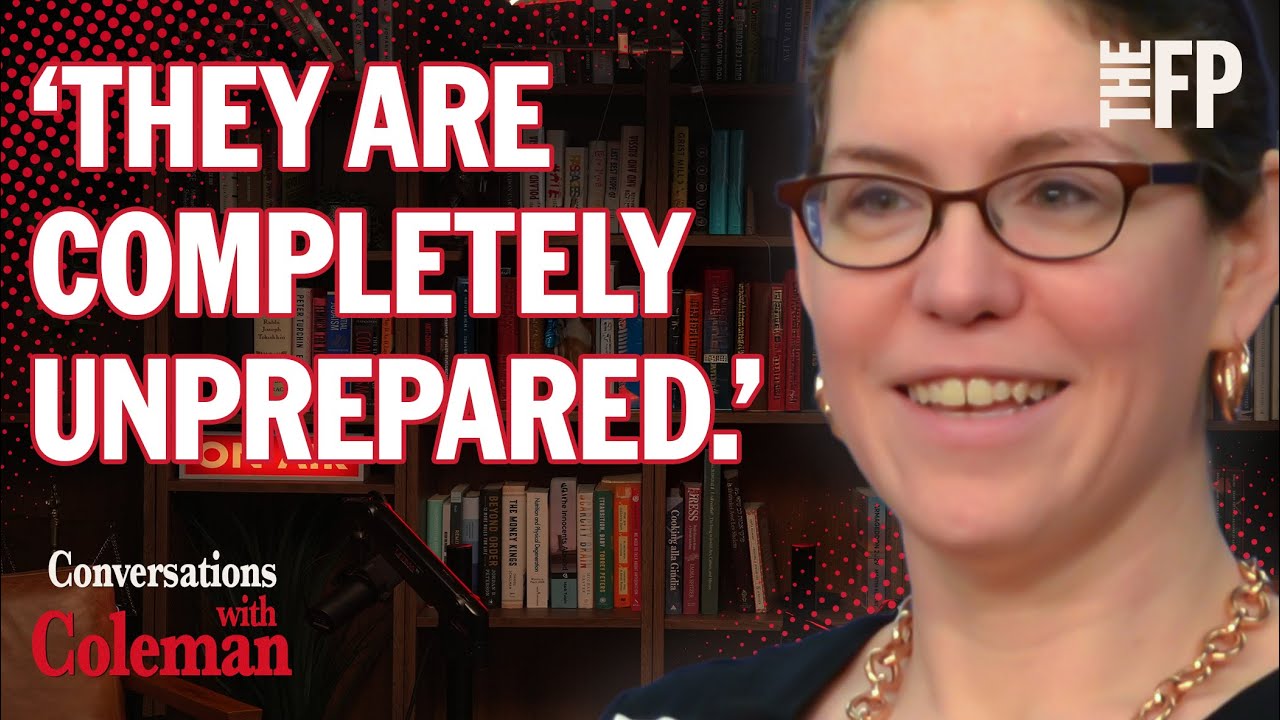The video explores how AI tools like ChatGPT are disrupting higher education by undermining traditional teaching methods, assessments, and the signaling value of degrees, highlighting the challenges universities face in adapting due to bureaucratic structures and misaligned incentives. It calls for systemic reforms in governance, pedagogy, and institutional priorities to ensure higher education remains relevant and effective in preparing students for an AI-driven future.
The video discusses the profound impact of AI, particularly tools like ChatGPT, on higher education, focusing on how it affects teaching, learning, and the traditional college experience. One professor shares his experience teaching a seminar at the University of Austin, where he embraced AI as a research and thinking aid for students, eliminating traditional assessments susceptible to cheating and instead relying on in-class, oral, and participation-based evaluations. He argues that professors generally lack the incentive and capacity to effectively police AI-assisted cheating, while students have strong motivations to use AI to improve their grades, making cheating detection an uphill battle.
Another educator reflects on his approach to teaching journalism classes on a pass/fail basis, emphasizing student autonomy and the opportunity to genuinely engage with the material rather than focusing solely on grades. He highlights the tension between the ideal of education as a space for learning and personal growth versus the reality that many students and institutions prioritize credentials as signals for employment. This tension is exacerbated by AI’s ability to perform tasks traditionally valued in academia, such as reading, synthesizing, and writing, thereby undermining the value of these skills as signals to employers.
The conversation then shifts to the broader role of universities as institutions that serve multiple societal functions beyond education, including social networking and signaling social class and cognitive abilities to employers. The speakers note that while universities have historically been effective at signaling certain desirable traits, the rise of AI threatens to erode the value of these signals, especially as AI can replicate or surpass many intellectual tasks. This creates a fundamental challenge for higher education, which has not yet adequately addressed how to adapt to or integrate AI into its core mission.
A critical issue raised is the governance and structure of universities, which are described as bureaucratic and committee-driven, making rapid or coherent responses to AI challenges difficult. Faculty members are often selected for research prowess rather than teaching effectiveness or technological adaptability, limiting the institution’s ability to innovate in pedagogy or assessment. Even when some professors develop AI-friendly teaching methods, these efforts are isolated and insufficient to transform the institution as a whole, leaving universities ill-prepared to prepare students for an AI-driven job market.
Ultimately, the video argues that higher education faces a crisis as AI disrupts traditional educational models and the signaling value of degrees. Without significant reform in governance, teaching practices, and institutional priorities, universities risk becoming obsolete or irrelevant in preparing students for future careers. The speakers call for a deeper understanding of AI’s implications and more proactive, systemic changes to ensure that higher education can continue to fulfill its role in society amid rapid technological change.
